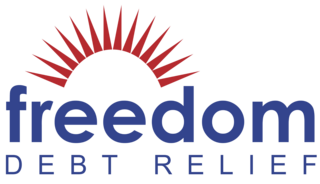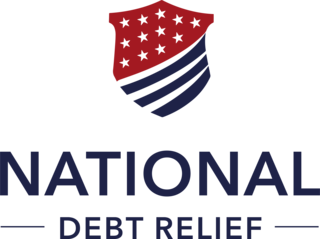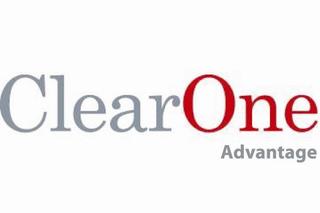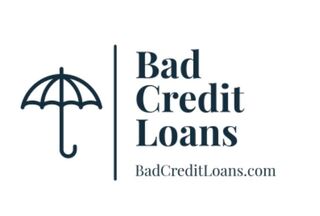Having This Shopping Habit Means Your Finances Are Probably a Mess

When shopping, do you opt for quality (buying a few expensive items with long lifespans) or quantity (picking up several cheaper options even though you know they won’t last)?
Your answer to this question can say a lot about the state of your overall finances as well as your personality, new research suggests. While low price tags may initially lure quantity-focused shoppers, these folks tend to spend more in the moment and accrue more debt in the long run.
"Buying more [things] makes it harder to track spending,” says Rodrigo Dias, an assistant marketing professor at the University of Colorado Boulder and lead author of a forthcoming study in the Journal of Consumer Research. “This can lead to unintentional overspending, which adds up over time.”
But the implications of this simple shopping habit run deeper than that.
What your shopping habits say about your finances
When first beginning to research people’s shopping preferences, Dias says he and his co-authors were surprised by the preliminary data.
From the get-go, they found that shoppers are remarkably consistent in their habits related to quality vs. quantity. For instance, people aren’t just quality-or-quantity shoppers on a few types of items — they tend to take that approach across the board.
In other words, if you prefer to buy only a few pairs of high-quality shoes, you are very likely to have the same preferences for food or furniture. You will probably keep that preference for future purchases, as well.
Dias explains that this habit was so consistent and surprising to the researchers that it became the focus of their meta-analysis, which ultimately involved measuring data from more than 24,000 participants across 32 studies.
Quantity shoppers spend more, have more debt
At the outset, the researchers hypothesized that people who purchase high-quality items would be the big spenders, given that high-quality items often cost much more. “But our data found the precise opposite,” Dias says.
In addition to spending more overall, shoppers who favor quantity tend to rack up more debt and struggle more with paying that debt off. Over a one-year period, 26% of quantity-focused shoppers saw an increase in credit card debt, while credit card debt increased for only 13% of quality-focused shoppers.
For quantity shoppers, Dias says that debt is likely to linger longer and grow over time because when they make these frequent purchases, more of their income is going toward buying stuff — not paying off their existing debt.
The researchers found a striking example of this phenomenon playing out in another area, too: student loan debt. They analyzed the debt loads of 10,000 student loan borrowers and found that borrowers who fell into the quantity camp owed about $43,000 on average. By comparison, quality shoppers owed roughly $38,000.
The ‘vicious feedback loop’ of buying a bunch of cheap stuff
As it turns out, buying cheap stuff is actually quite expensive, and not only in the long term.
It is true that high-quality items are often more expensive than low-quality versions that may need to be replaced more frequently. In some cases, the increased price may be a barrier to purchasing the "better" product.
You might think that because buying quality items requires more money up front, these types of shoppers might be spending more now to save more later. And while there are certainly examples where that's true on an item-by-item basis, Dias’ study flips that assertion on its head.
In a shopping simulation, people who were considered quantity shoppers actually outspent quality shoppers at check-out, selecting $89 worth of goods compared to $79 for quality shoppers. This suggests quality shoppers spend less in the moment and over time.
As Dias explains, our shopping habits are complicated. It’s not just a comparison of price points — there are cultural, psychological and economic factors at play.
In many cases (but certainly not all), he says, quantity buyers may be struggling with compulsive buying or low self-control. The purchases might be made for the sense of satisfaction, not necessarily because the buyer needed it or couldn’t afford a higher-quality version.
There are a variety of reasons why someone may be a quantity buyer, but regardless, the habit is likely bad news for your finances. Dias says quantity shopping tends to lower overall financial wellness. And lower financial wellness, in turn, often prompts people to favor quantity shopping.
“This finding is particularly troubling,” he says. “It points to the possibility of a cycle of financial vulnerability, where financial struggles lead to purchasing habits that exacerbate those struggles, creating a vicious feedback loop.”
More from Money:
These 10 Items Got Hit the Hardest by Inflation in 2024
Trump Tariffs Are Coming. Here's What to Expect — and What to Buy Now
Typical Homeowners Are Now Nearly 40 Times Wealthier Than Renters






